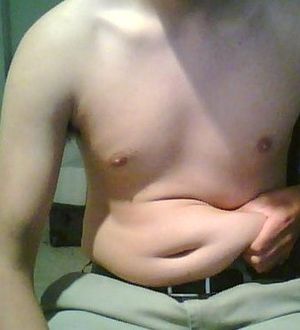[amazon_link asins=’B01DDKLTAI,B01N1LPB86,B01N1M0QI2,B01M74YIBF’ template=’ProductCarousel’ store=’finmeacur-20′ marketplace=’US’ link_id=’e83db31f-0f74-11e7-9f86-27fc7a5200fe’]
Sleep is important for your physical and emotional health. Sleep may help you stay healthy by keeping your immune system strong. Getting enough sleep can help your mood and make you feel less stressed.
But we all have trouble sleeping sometimes. This can be for many reasons. You may have trouble sleeping because of depression, insomnia, fatigue, or Sjögren’s syndrome. If you are depressed, feel anxious, or have post-traumatic stress disorder (PTSD), you may have trouble falling or staying asleep.
Whatever the cause, there are things you can do:
Your sleeping area :
•Use your bedroom only for sleeping
•Move the TV out of your bedroom
•Keep your bedroom quiet and dark
Your evening and bedtime routine
•Get regular exercise — but not within 3 to 4 hours before bedtime
•Create a relaxing bedtime routine
•Go to bed at the same time every night
•Consider using a sleep mask and earplugs
If you can’t sleep
•Imagine yourself in a peaceful, pleasant place
•Don’t drink any liquids after 6 PM if waking up during the night to go to the bathroom is a problem
Your activities during the day
Your habits and activities can affect how well you sleep. Here are some tips.
•Exercise during the day. Don’t exercise after 5 p.m. because it may be harder to fall asleep.
•Get outside during daylight hours. Spending time in sunlight helps to reset your body’s sleep and wake cycles.
•Don’t drink or eat anything that has caffeine in it, such as coffee, tea, cola, and chocolate.
•Don’t drink alcohol before bedtime. Alcohol can cause you to wake up more often during the night.
•Don’t smoke or use tobacco, especially in the evening. Nicotine can keep you awake.
•Don’t take naps during the day, especially close to bedtime.
•Don’t take medicine that may keep you awake, or make you feel hyper or energized, right before bed. Your doctor can tell you if your medicine may do this and if you can take it earlier in the day.
If you can’t sleep because you are in great pain or have an injury, you often feel anxious at night, or you often have bad dreams or nightmares, talk to your doctor.
Source: Health.com April 24, 2008
Related articles
- Drink Yourself to Sleep with New Bedtime Chai Valerian Tea by California Tea House (prweb.com)
- 5 Simple Ways to Wake Up Earlier (thehappyhousewife.com)
- 6 Strategies For Better Sleep (fitsugar.com)
- High Performance Sleeping (fitnesstipsforlife.com)
- How to Have a Successful Kids’ Sleepover (kleenexmums.com.au)
- I’ll take a Double Mocha Iced Trenta … to go, of course (psychologytoday.com)
- How to Naturally Relieve Insomnia (brainz.org)
- How to Sleep Better at Night (sleep-disorders.suite101.com)
- Marriage: In Praise of Separate Bedrooms (blisstree.com)
- Resolutions to sleep on (boston.com)
- Only two little girls are sleeping downstairs tonight… (momblognetwork.com)
- Foods That Help You Sleep (huffingtonpost.com)


![Reblog this post [with Zemanta]](https://i0.wp.com/img.zemanta.com/reblog_e.png?w=580)








